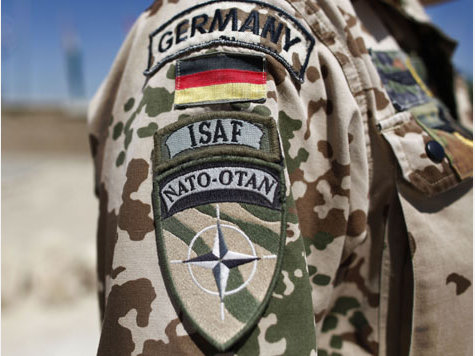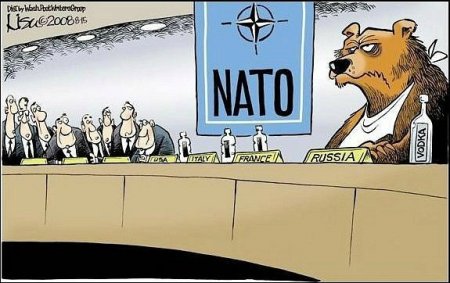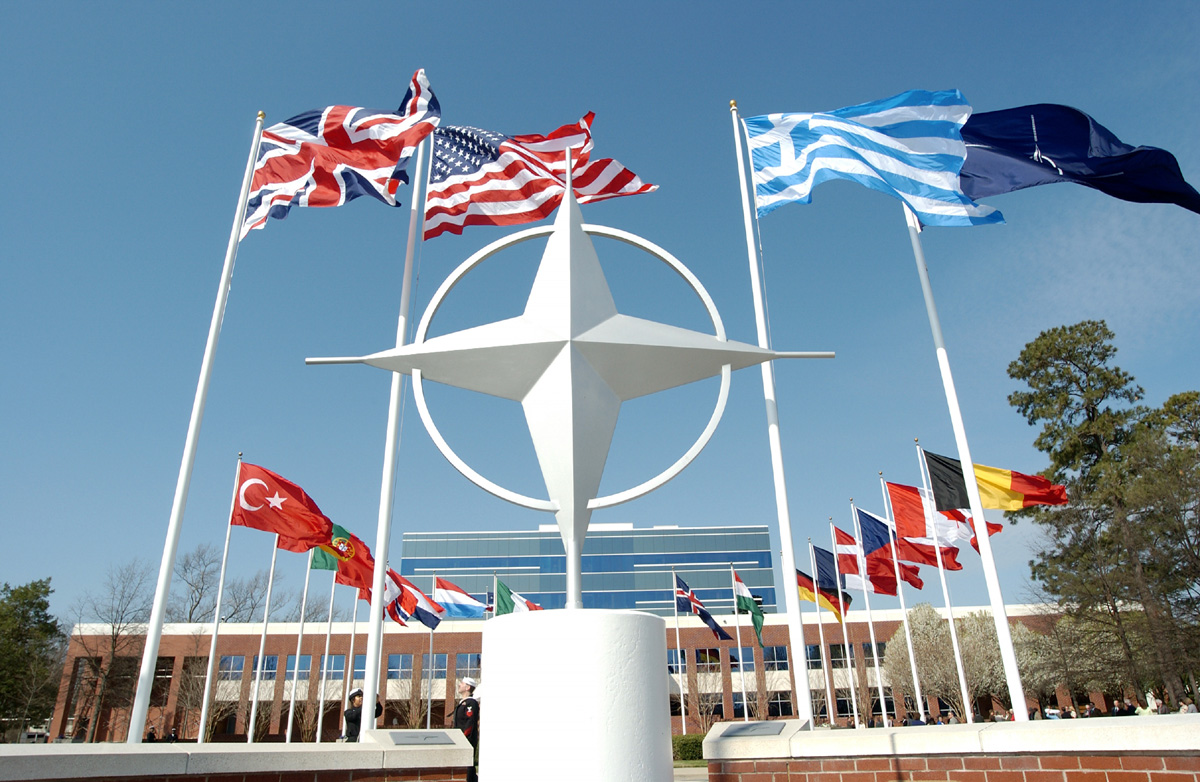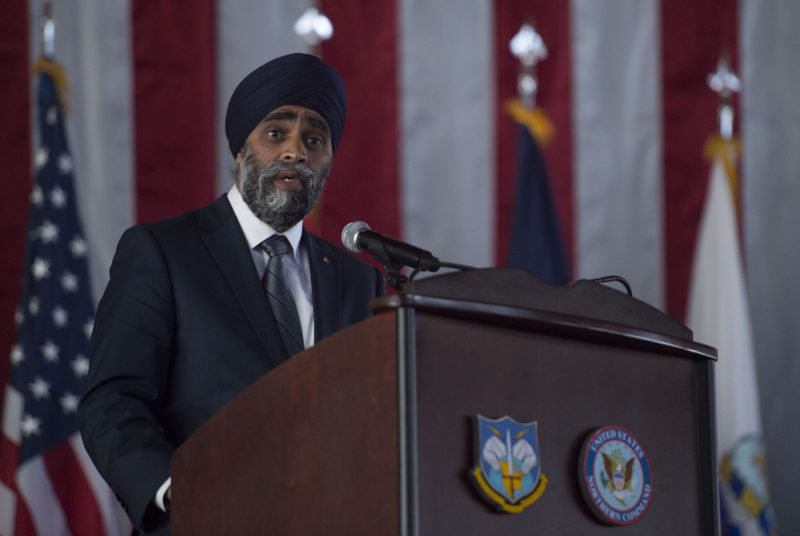The practice of state-building through foreign intervention is becoming a relatively common phenomenon. With the rise of failed and failing states during and after the Cold War, a debate arose amongst the international community as to the appropriate manner in which to deal with these states. In the aftermath of the Cold War, failed states were framed as an international security issue, and the concept of “fixing failed states” became solidified as an international norm, often with intervention as the military component of that norm. In the last 20 years, international aid has been increasingly diverted to state-building programmes as opposed to humanitarian aid.
However, despite this increased attention on the process of state-building through intervention, the viability of those states built by foreign intervention is in question. Often, the intervening parties do not have the resources or domestic support to engage in a long-term state-building exercise, and history has shown time and time again that states cannot be built in a day. Additionally, the view that failed states pose significant security threats has led to the securitization of intervention. Thus, while intervening parties may operate under the auspices of creating a legitimate state, they are in fact more concerned with protecting their own security. Intervening parties also often rely upon a liberal, democratic ‘formula’ for the state, and oftentimes this formula does not translate easily to a new state trying to find its footing. Cases such as Somalia and Afghanistan illustrate the practical as well as theoretical issues with intervention as a vehicle for state-building, and demonstrate the instability of states that are built by foreign intervention.
Foreign intervention has been framed as a loan of sorts; what the intervening nation(s) put into a state now, they expect to get back, in one form or another, later on.
One facet of the problematic nature of foreign intervention is the securitization of the process of state-building. Until the end of the Cold War, state-making practices tended to involve a process whereby a regional ally was built for some greater world power. There are many examples of this practice during the Cold War, as the United States and Soviet Union raced to develop strategic allies, often through the process of state-building. In this period, state-building was less about creating a legitimate and viable state than it was about securing American or Soviet interests abroad.
Despite the shift from around 1990 onwards towards a practice of ‘legitimate’ state-building, failed states are still seen as a major security threat by the international community. Since the terrorist attacks of September 2001, failed states have been viewed as “ungoverned space which transitional criminals and terrorists can exploit”. The last few decades have witnessed the rise of the Western liberal concepts of ‘humanitarian intervention’ and ‘responsibility to protect’, but despite these auspicious, and even laudable, intentions, it is important to remember the underlying interests of the intervening nations. The United States has been at the forefront of intervention for the last few decades, but the American government has shown itself unwilling to pour resources into states that could be anti-American or even neutral. Foreign intervention has been framed as a loan of sorts; what the intervening nation(s) put into a state now, they expect to get back, in one form or another, later on.
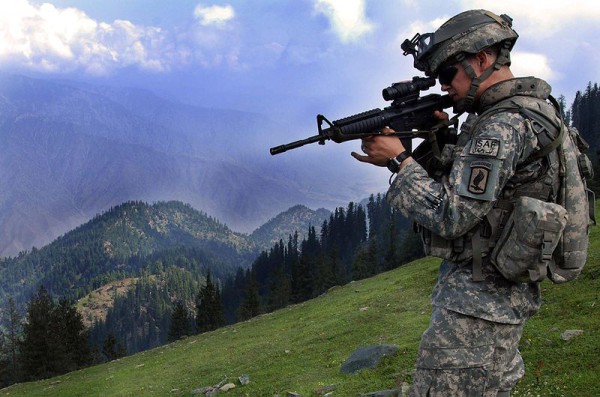
One example of state-building gone awry is that of NATO’s operations in Afghanistan. The viability of the Afghan state is not certain, as the legitimacy of Karzai’s government and the capacity of that government to provide good governance is in question. The United Nations contingent sent to Afghanistan was meant to facilitate the creation of a new state, which was intended to be “broad-based, multi-ethnic, and fully representative of all Afghan people”. This does not necessarily necessitate the creation of a democratic state, but there is little doubt that there was an expectation from the militarily engaged NATO members that the new Afghan state would be “secular and pro-Western in its nature and disposition” .
The collapse of the Soviet Union led to the emergence of the widespread notion that conflict could be mitigated through the promotion of liberal democratic institutions, and this view has become entrenched in UN peacekeeping and state-building strategy. The popularity of this view seems to have predisposed the intervening countries toward a particular outcome for a new Afghan state, without taking into account the demographic, economic, and historical context in Afghanistan. Eleven years on, Afghanistan’s government is still heavily dependent on international aid. This is due, at least in part, to the failure of the intervening parties to create a state based on local demography and power dynamics, and the bias toward the framework of a Western liberal democracy on a region that is perhaps not currently susceptible to that form of governance. Local capacity for governance has clearly not been achieved, and it now seems likely that NATO forces will withdraw from Afghanistan without having created a functional state with the capacity for governance.
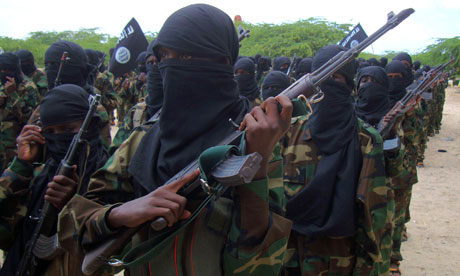
A similar problem of conflicting ideologies can be seen in the case of the United Nations intervention in Somalia. Again, the bias toward liberal democratic institutions thwarted the peacekeeping and state-building efforts. In the early stages of the intervention, the United Nations attempted to negotiate with local leaders, but by 1993, a process of forced democratization had begun, sidelining the local power-holders completely and inciting these actors to break from the United Nations peace process and re-ignite the conflict, which led to the eventual withdrawal of American military forces and the end of the intervention. Once again, the attempt of foreign interveners to force a Western liberal democratic framework upon the region may not only have failed to mitigate the conflict, but may actually have made things worse. State-building practices in Somalia have been severely scaled back, and the region remains extremely unstable.
The failure of the foreign interventions in both Somalia and Afghanistan suggest that the implementation of a liberal democratic norms in countries without a tradition rooted in these norms does not automatically result in the cessation of conflict and the creation of a viable state.

